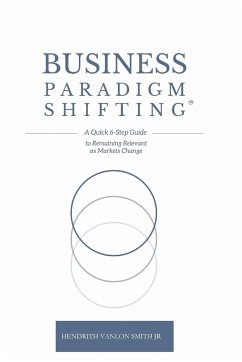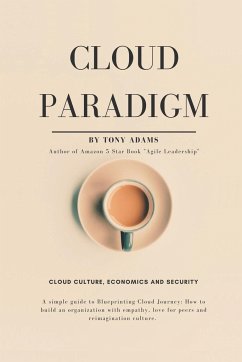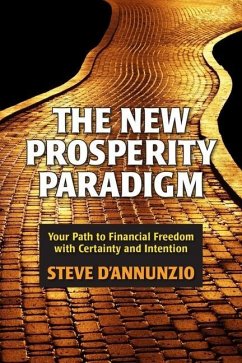
International Business and the Eclectic Paradigm
Developing the OLI Framework
Herausgeber: Cantwell, John; Narula, Rajneesh
Versandkostenfrei!
Versandfertig in 1-2 Wochen
67,99 €
inkl. MwSt.

PAYBACK Punkte
34 °P sammeln!
The eclectic paradigm has arguably become the dominant theoretical basis in the study of FDI, multinational corporations and internationalisation over the last two decades. The contributions to this volume evaluate the eclectic paradigm in the global economy and its validity as a theoretical basis to understand developments such as economic globalization and the subsequent growth of global and alliance capitalism.














